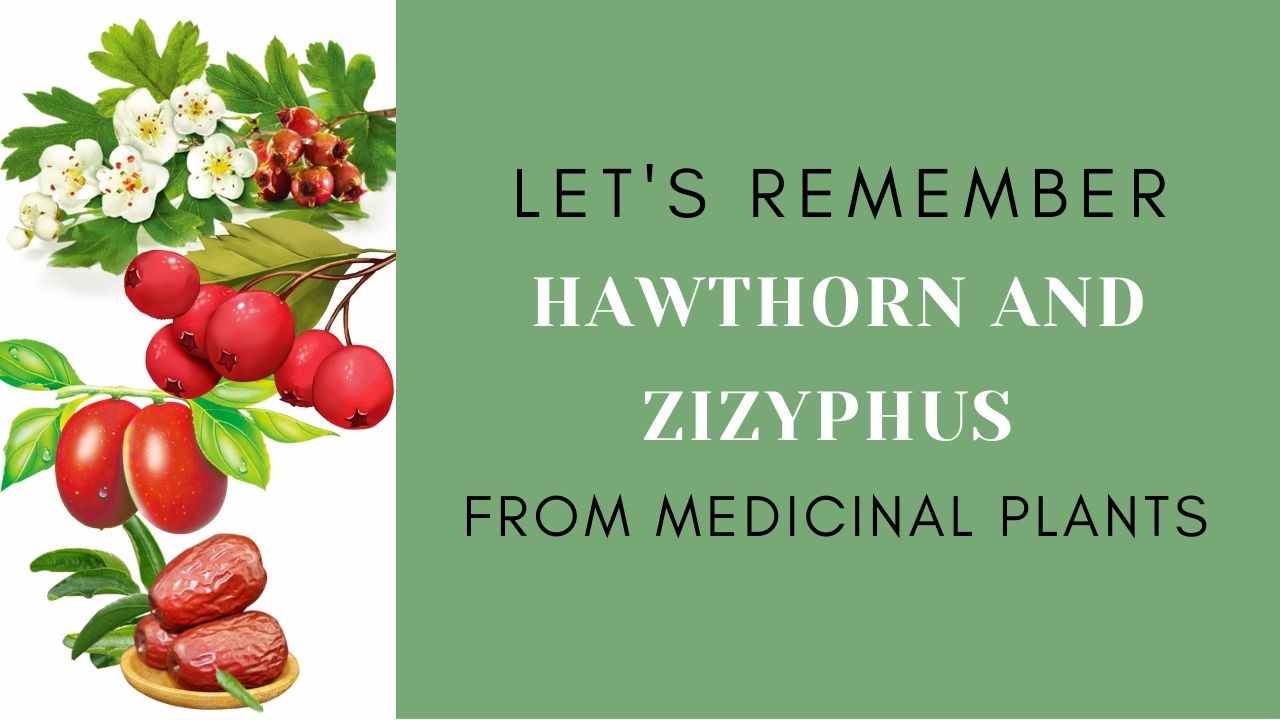“˹He is˺ the One Who provides me with food and drink And He ˹alone˺ heals me when I am sick.” Ash-Shu’ara (79-80)
“Allah has sent down both the disease and the cure, and He has appointed a cure for every disease, so treat yourselves medically, but use nothing Haram (forbidden).” [Abu Dawud, Tibb 11, (3874)]
“Surely Allah did not make your cure in what He made Haram (forbidden) to you.” [Bukhari; Ibn. Masood, Tirmizî, Tıbb, 7]
We present to your benefit the information we have gathered from various reliable sources about Hawthorn and Unnap, which are very special healing sources of our Lord:
These plants; Risk of heart attack, Circulatory collapse, Chest pain, High blood pressure, Plaque formation in the veins, Headache, Sedative, Muscle spasms, Mental fatigue, Physical weakness, Rheumatism, Sputum and diuretic, Stomach and Intestine ailments, For insomnia are medicinal plants (with Allah’s permission).
HAWTHORN
Botanical Information: It is a thorny, white or pink flowering tree that can rise up to 10 meters. Fruits are 6-10 mm in diameter, 1-3 seeds, brown-red or red in color. Its slightly sourish tasty fruits can be eaten. It contains flavonoids such as sterin, adenosine, adenine and guanine, and vitamin C, Calcium, Potassium, Sodium, and tannins, which give the plant very strong antioxidant properties. The round-looking hawthorn, whose fruits acquire a red and yellowish color when ripe, also uses it as an ornamental plant.
Benefits: Heart rhythm disturbances (arrhythmias), nervous heart palpitations, heart failure, weakness of heart muscles after severe infectious diseases, after heart attack, high blood pressure, arteriosclerosis are areas where hawthorn plant can be used successfully. But it is necessary to be patient and disciplined. Because the effect of the plant begins to occur as a result of long-term use (4-8 weeks) and this positive effect increases gradually. This plant can also provide defecation of fluid deposits in the body. In addition, It also has sedative, spasm-relieving(antispasmodic), diuretical and constipating effects on the nervous system. It is suitable for long-term use because the substances contained in hawthorn do not have properties such as accumulation in the body, toxicity and habit-making.
After about 3 weeks of use, hawthorn, which has started to have positive effects on the heart, vascular system and brain, strengthens the vessels that provide blood circulation by dilating them, provides the heart with more blood and oxygen, and balances high blood pressure.
Affecting the brain positively with the benefits it provides, hawthorn also plays an important role in strengthening memory. Hawthorn, which has the effect of strengthening the heart muscles and regulating heart rhythm disorders, also has properties that support the functions of the coronary veins and strengthen the heart after a heart attack. It is also beneficial for the stomach. It relieves severe vomiting.
Usage: A teaspoon of finely chopped leaf-flower and fruit mixture is boiled in a glass of boiled water. After waiting for 10 minutes, it is filtered, and when sweetened with honey (diabetics should not sweeten), its effect increases even more. Drink 2-3 cups of freshly brewed tea a day on an empty stomach or hot between meals.
ZIZYPPHUS
Other Names: Jujube, Zizypphus vulgaris, Rhamnaceae
Botanical Information: It is a nut of a fragrant, 4-5 meter high thorny tree, with red bark, hard core, large olive shape and size, blooming yellow flowers from April to May. The outermost wall is leathery yellow in color and sweet, tasty. It is also called jujube. It is grown in gardens as well as wild. Its real homeland is Syria.
Known Composition: Sugar, nitrate, tartrate, pectin, mucilage, vitamin C, tannin.
Fruits contain substances such as niacin and riboflavin, which are necessary for the enzyme and hormone system of the body, and trace elements necessary for the body such as magnesium, zinc, copper, iron, and phosphorus. It is richer in vitamin C than citrus fruits. It also contains herbal vitamin A. It also contains antioxidants that strengthen the immune system. There is also information that it relieves constipation and insomnia and strengthens the liver.
Fruit; Like aspirin, it is recommended to reduce fever and reduce pain and stress, and in cases of strong mental fatigue, physical weakness or insomnia caused by pain. It is said to rejuvenate the body in the treatment of rheumatic symptoms and suffering from stress or age. It is used to prevent intestinal or respiratory flu and speed up the recovery process together. It is mentioned in the old sources that it is used in preventive medicine because it increases the strength by accelerating the body’s rebuilding in syndromes such as stress caused by fatigue.
Uses: Ripe fruits dried in the sun can be consumed with tea as a snack. It is also boiled and drunk and made into jam. It is also used as herbal medicine.
Benefits
•Fruits: It has been used since time immemorial as a softener, expectorant and diuretic and constipating. It is consumed in 21-day cures. (It is good to eat 2 fruits on an empty stomach in the morning.) It is also used as a cholesterol and lipid lowering.
•Jujube Leaf: It is used as a tea for bronchitis, asthma, stomach and intestinal disorders.
Usage: 30-60 g of fruit is added to four glasses of milk and boiled for 15-20 minutes. Drink one glass four times a day.
Resources:
Complementary Medicine: Hawthorn
Natural Products: Hawthorn
Hibiscus, Hawthorn, and the Heart
Complementary and Alternative Medicine: Hawthorn
Hawthorn Tea: Natural Health Benefits
AltMD.com: Hawthorn
Memorial Sloan-Kettering Cancer Center: Hawthorn
Natural Healing Guide: Hawthorn Tea





